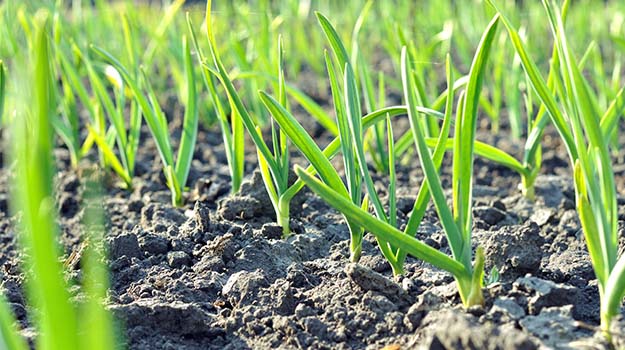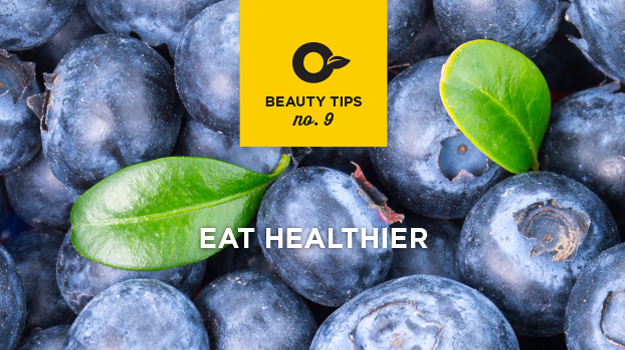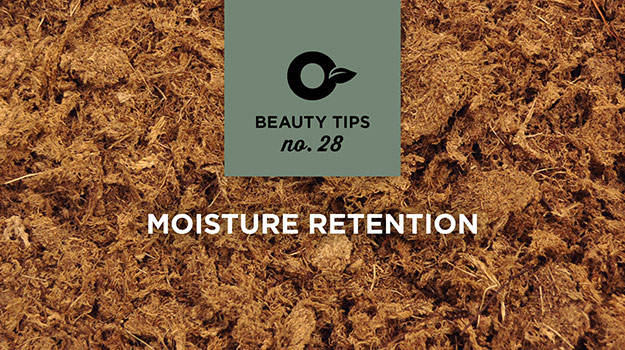
Have you ever stuck your finger in vinegar? It burns, right? That’s because it’s too acidic for the human body — it’s not pH balanced with your skin. Just like you, pH matters to your plants. Soil pH is a measure of the acidity or alkalinity of your garden’s earth.
The pH scale is from 0 to 14, with 7 being neutral. A pH below 7 is considered acidic, whereas a pH above 7 is considered alkaline, but generally anything between 6.8 and 7.2 can be deemed as neutral when it comes to plants.
What is the ideal pH?
Most plants thrive in a slightly acidic soil with a pH between 6.0 and 7.0. Soil pH can affect the ability of the soil to release nutrients, and the plant to absorb them. If the pH level is too high or too low, nutrients get locked up in the soil chemistry and become unavailable to plants.
To determine the pH of your soil use a Soil Test Kit. It will not only measure your pH, but also your Nitrogen, Phosphorous, and Potash levels letting you know exactly how to amend your soil for optimum results.
How to increase pH?
Remember: increasing pH means decreasing acidity. If required you may sweeten the soil, or make it more alkaline, by dolomitic limestone monthly, until the desired pH has been achieved.
To decrease the pH you can apply peat moss, acid loving fertilizers or aluminum sulphate.



